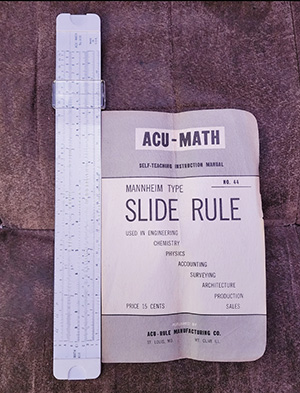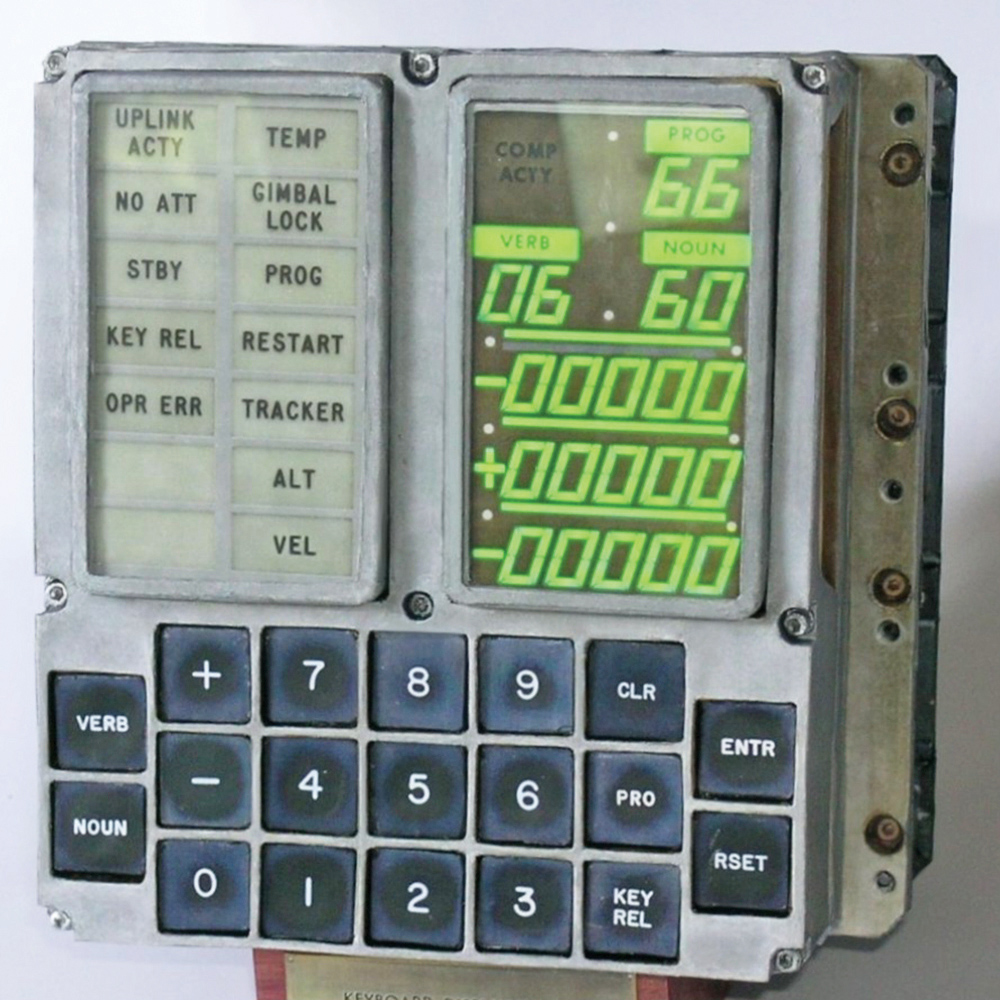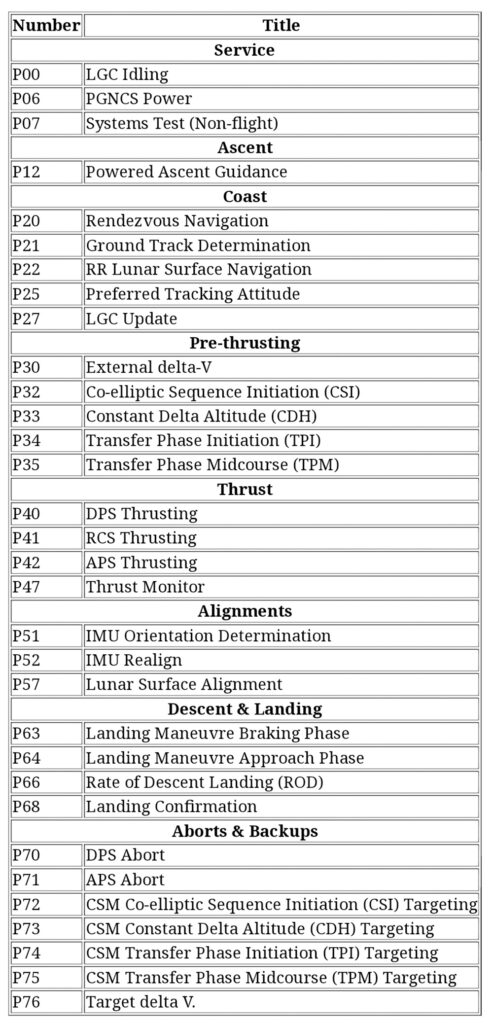It’s about time.
As a child, I struggled with Shabbos. Not philosophically, but chronologically.
(Huh?)

to me. (Credit: David Roher)
Shabbos afternoon was “sooo long.“ I kept thinking to myself, “When is it going to end?”
This was especially true during the summer months. I grew up in White Plains, in the suburbs of Westchester, New York. There were children older than me and children younger than me, but no one my age to play with, so I had to entertain myself. In the 1970s we had fewer distractions and we were used to long car rides where you either played “I Spy With My Little Eye” or you sang or stared out the window.
(But at least you had interesting things outside your car window to look at.)
It’s not like I was on a device six days a week from the moment I woke until I went to bed.
(No, that’s your own kids)
There was less to view on television when I was a kid. In the 1970s we didn’t have internet or social media or cell phones or daily Wordle. We had just network, preprogrammed TV.
There were six stations in the New York area: Channel 2 CBS, Channel 4 NBC, Channel 5 WNYW, Channel 9 WOR, Channel 11 PIX and 13 PBS.
(But 13 was for little kids.)
It wasn’t until I was an adult that I learned PBS was a Great Society program to improve children’s basic knowledge.
(It seemed somehow not to have helped you.)
1970s network television also played reruns of “classics.”

(Raise your hand if you learned major classical music pieces from Looney Tunes.)
Sunday television was about the Three Stooges, Abbot and Costello, Bugs Bunny, Daffy Duck, Roadrunner and Wile E. Coyote.
(Somehow Wile E. Coyote never realized that he should have found another supply company since every stick of dynamite, every anvil from Acme never worked right.)
But hey, in a pre-Amazon world, how many companies would ship direct, to the desert, to a coyote?
(Something to think about.)
Even a cartoon character knew, it’s about time.

(So, how did you “get through” Shabbos?)
As a family, we played Monopoly on Friday night, but in the afternoon, I had to entertain myself.
I wanted to play ball in my backyard, but White Plains didn’t have an eruv back in the 1970s, so I built one to cover my family’s property.
(It was great as long as the ball didn’t go outside the coverage.)
Then I discovered books.
(You lived in a cave?)
No, I was dyslexic and didn’t learn to read until I was almost 10 years old.
That’s when time became fluid.
I could stop time. I would become so engrossed in a book that I would fail to notice the sun was setting. I could even travel through time.
Those books took me places beyond the walls of my parent’s suburban home.
I traveled through time with H.G. Wells, as Victorian London vanished into the future. The walls of the room melted away and were replaced with the streets of Victorian London. From there I traveled with a “Time Machine.” I encountered “The Invisible Man” and I watched the invasion of the earth during “War of the Worlds.” With the Live Aid concert on July 13, 1985, came a plethora of new books about rock bands. With those books I was transported to Los Angeles with Led Zeppelin, playing my guitar on stage at the Forum in 1975. I was warming up backstage with Rush at Madison Square Garden in 1981. I was in the studio with Sting and The Police in 1978.
Then I found a whole section in my library about the Apollo moon landings. Now I was learning about the raytheon built Apollo Guidance Computer with its 2048 words of erasable magnetic-core memory and 36,864 words of read-only core rope memory.
(What was the programming language, BASIC?)
Actually, the Apollo Guidance Computer programs were written in Assembly language. It is a simple language unlike C++ or Python or JavaScript.
(Simple, how?)
If the astronauts wanted their computer to do something, say, light the engine to go into lunar orbit, the astronauts had to enter commands as nouns and verbs.
(No, enter key?)
It did have an enter key, but you had to tell the computer how to enter the command you wanted executed.
(So, my laptop is more powerful than the Apollo Guidance Computer?)
Your high school scientific calculator was more powerful than the Apollo Guidance Computer.
(I’m guessing that my cell phone is more powerful?)
Heck, some cell phone charging blocks are more powerful.
(I don’t believe it.)
Dockrill, Peter. “Your Laptop Charger Is More Powerful Than Apollo 11’s Computer, Says Apple Developer.” Sciencealert.com. February, 2000.
There on my parents living room couch, on Shabbos, I was navigating Apollo 13, 244,000 miles across the vacuum of space with a slide rule.
(Do you know how to use one of those?)
I did and still do, but that is a story for another time. From a book, I was attempting to land on the moon with Apollo 14 astronauts, wrestling with a landing radar that was locked up on infinity.
Without landing radar, the astronauts would crash onto the surface of the moon because it was about time.
David Roher is a USAT certified triathlon and marathon coach. He is a multi-Ironman finisher and veteran special education teacher. He is on Instagram @David Roher140.6. He can be reached at TriCoachDavid@gmail.com.








